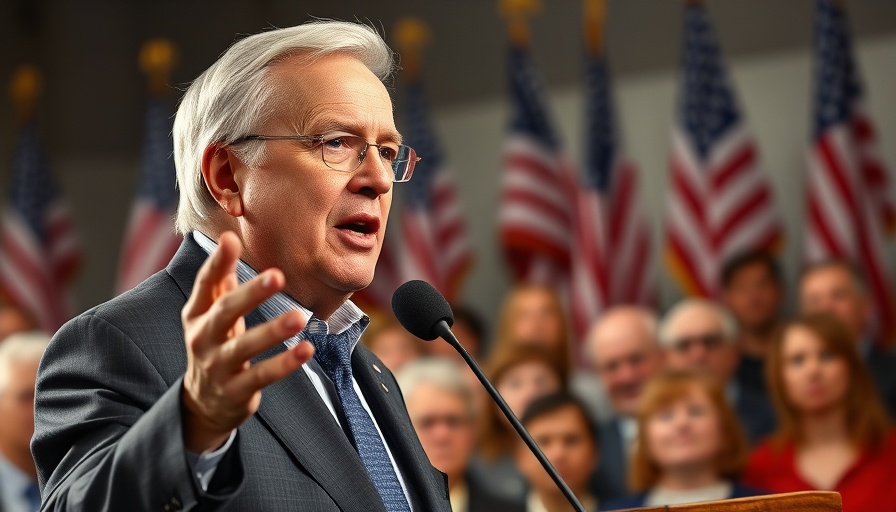
The Emerging Role of Allergy Nasal Sprays
Recent discussions highlight a significant development in the fight against COVID-19: the use of allergy nasal sprays to potentially reduce infection rates. These sprays, designed to alleviate symptoms of allergies such as hay fever, might also offer a unique approach to combating respiratory viruses. Utilizing existing pharmaceutical technologies, researchers are exploring how these sprays can block the pathways that viruses like COVID-19 use to enter the body.
In 'Allergy Nasal Spray Can Reduce COVID Infection', the discussion dives into the potential of allergy medications in fighting COVID-19, prompting a closer analysis of its implications.
How It Works: Science Behind the Spray
The active ingredients in many allergy nasal sprays, such as corticosteroids, work to reduce inflammation in the nasal passages. This reduction in inflammation may limit the ability of the virus to proliferate, effectively taking a preventative stance against infection. While further studies are necessary to fully understand the efficacy of these medications against COVID-19 specifically, the initial data is promising and offers hope in utilizing familiar medications in new and innovative ways.
Expanding Preventative Strategies
The idea of repurposing existing medications is not new in the medical field, especially during a pandemic. Previous studies have evaluated various drugs for their potential use against COVID-19. This trend reflects a broader strategy in public health, which emphasizes leveraging previously established therapies to respond to emerging health crises efficiently.
Public Health Implications
Implementing allergy nasal sprays as a potential method to reduce COVID infection can have far-reaching implications in healthcare. This method not only presents an accessible prevention strategy for those with allergies but also expands the arsenal for dealing with respiratory viruses. However, the medical community must approach this information with caution and await further research results before making broad recommendations.
Looking Forward: A New Era of Preventative Care
As we look ahead, the potential to incorporate allergy medications into broader COVID-19 prevention strategies reflects an evolving understanding of treating illnesses. Expanding the use of over-the-counter medications like nasal sprays could empower individuals seeking to bolster their defenses against viruses. With ongoing research and commitment to public health, the integration of innovative solutions into everyday healthcare practices can play a critical role in managing and preventing diseases.
 Add Row
Add Row  Add
Add 




Write A Comment